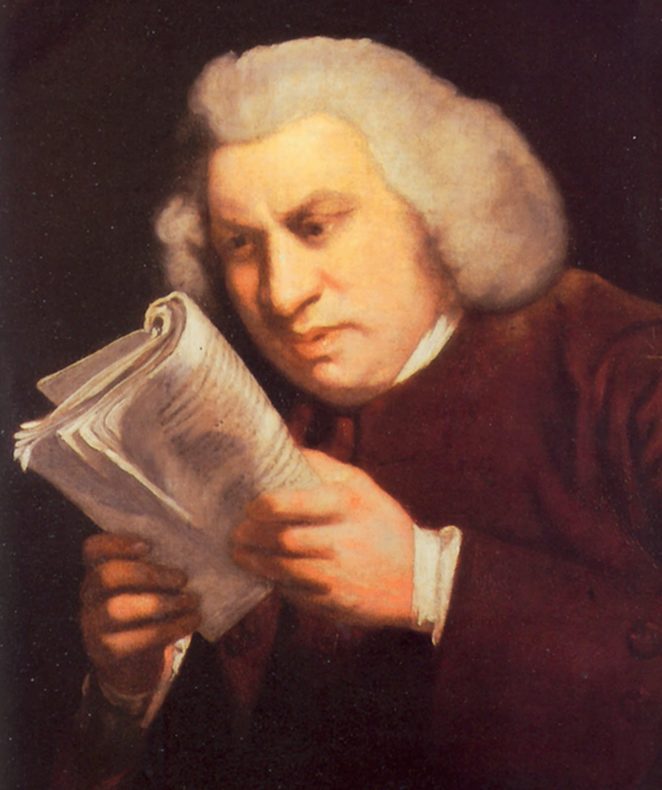
“The Full History of Rasselas, Prince of Abissinia”, which
is usually abbreviated to “Rasselas”, was the only novel written by Dr Samuel
Johnson (1709-84). He claimed that he wrote it in order to raise funds to meet
the costs of his mother’s funeral in 1759.
Johnson had achieved fame by publishing his “Dictionary of
the English Language” in 1755, but Rasselas is a very different kind of work.
It tells the story of a pampered prince who lives in the
“happy valley” where all his physical needs are catered for but leaves him
secluded from the outside world. However, he is dissatisfied with his lack of
knowledge and escapes from the valley together with his sister, with a view to
finding true happiness.
As a novel, Rasselas hardly counts as great literature, but
Johnson was not a great storyteller, and the story is not the most important
element of the book. It should instead be seen a parable – in the sense that
John Bunyan’s “Pilgrim’s Progress” is a parable – and a peg on which Johnson
could hang his thoughts and moral reflections about a wide range of topics.
Prince Rasselas engages in a number of lengthy conversations
in which he discourses on matters including learning, reason, getting old,
power, desire, madness and solitude. The views he expresses can be taken as
those with which Samuel Johnson agrees or takes issue.
Apart from the famous dictionary, Dr Johnson is best known
to us through the work of his friend and companion James Boswell, whom he first
met in 1763. In his biography of Johnson (1791), and his well-known “Journal of
a Tour to the Hebrides” (1785), Boswell recounted many conversations with
Johnson in which the latter produced a large number of observations – including
barbed and caustic remarks – that are often quoted even today. These have
enabled us to form a view of this fascinating character.
However, the Johnson that emerged via the pen of Boswell had
already been partly revealed many years earlier through Johnson’s own work, namely
his “pot boiler” novel Rasselas.
© John Welford
No comments:
Post a Comment